Gizzi Erskine’s organic garden tips – and why digging your soil ruins it
These garden tips will help with your quest to tackle climate change

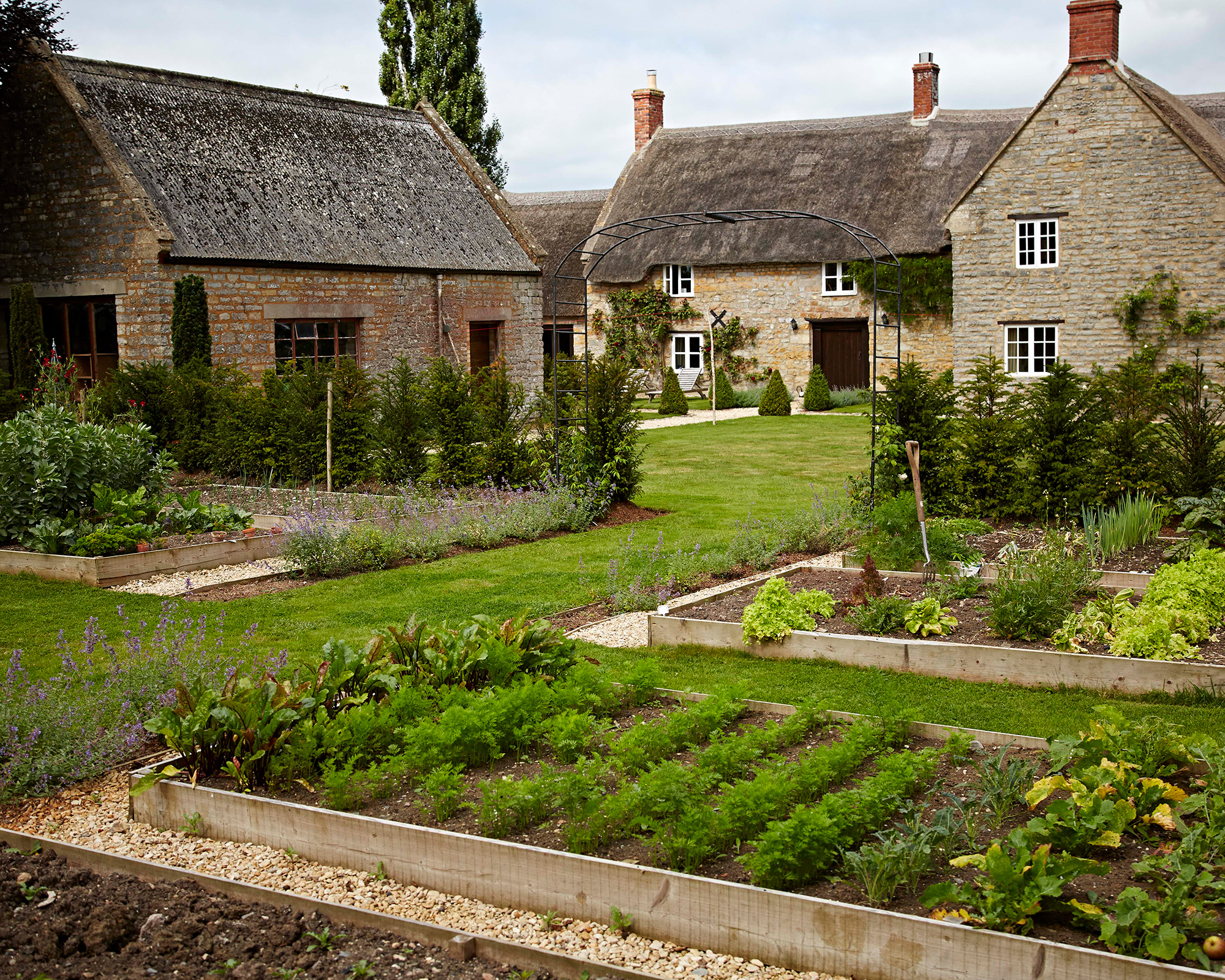
Design expertise in your inbox – from inspiring decorating ideas and beautiful celebrity homes to practical gardening advice and shopping round-ups.
You are now subscribed
Your newsletter sign-up was successful
Want to add more newsletters?

Twice a week
Homes&Gardens
The ultimate interior design resource from the world's leading experts - discover inspiring decorating ideas, color scheming know-how, garden inspiration and shopping expertise.

Once a week
In The Loop from Next In Design
Members of the Next in Design Circle will receive In the Loop, our weekly email filled with trade news, names to know and spotlight moments. Together we’re building a brighter design future.

Twice a week
Cucina
Whether you’re passionate about hosting exquisite dinners, experimenting with culinary trends, or perfecting your kitchen's design with timeless elegance and innovative functionality, this newsletter is here to inspire
Celebrity chef Gizzi Erskine has revealed her top tips for keeping garden soil healthy and has revealed what you should never do to your soil.
'As a chef, I’m obsessive about food and the best ingredients, but over the last few years I’ve been on a journey focusing on where our food comes from and how it impacts the environment,' remarks Gizzi Erskine.
'I’ve learnt that it all comes back to the soil, whether it’s animal, dairy, veg or grains – the soil is key to the food we eat and almost more importantly it’s crucial for the environment too. I’ve turned into a total soil geek!'
The chef and award-winning food writer Gizzi Erskine is partnering with the UK’s leading organic brand, Yeo Valley Organic, to get people talking about the importance of soil and regenerative farming as a solution to the climate crisis.
Together Gizzi and Tim Mead, of Yeo Valley Organic, have prepared a few simple steps to help people better understand our role within it all.
See below for Gizzi's garden tips to promote soil health.
- How to grow potatoes – a beginner's guide to start off your kitchen garden
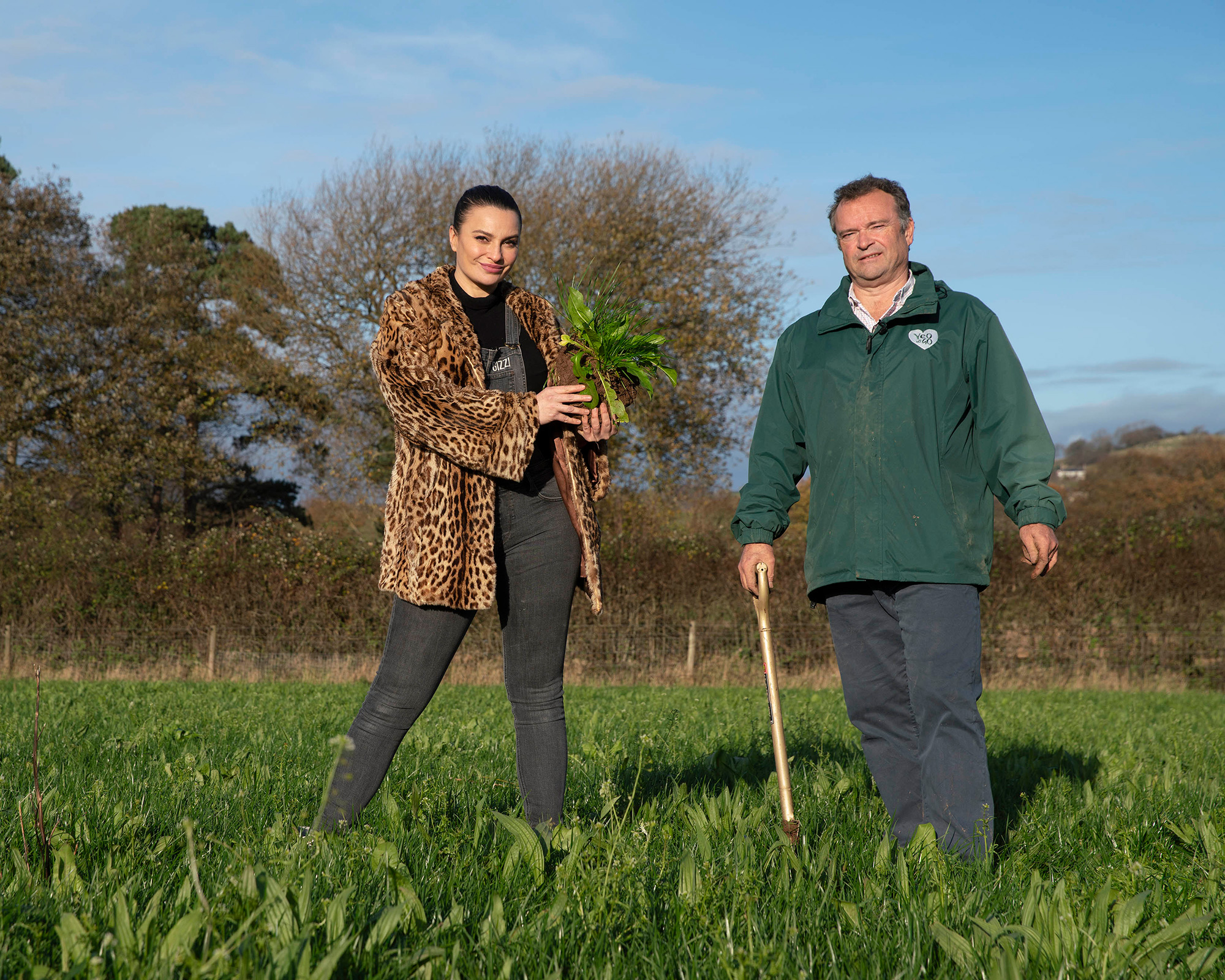
1. Switch your everyday purchases to organic ones
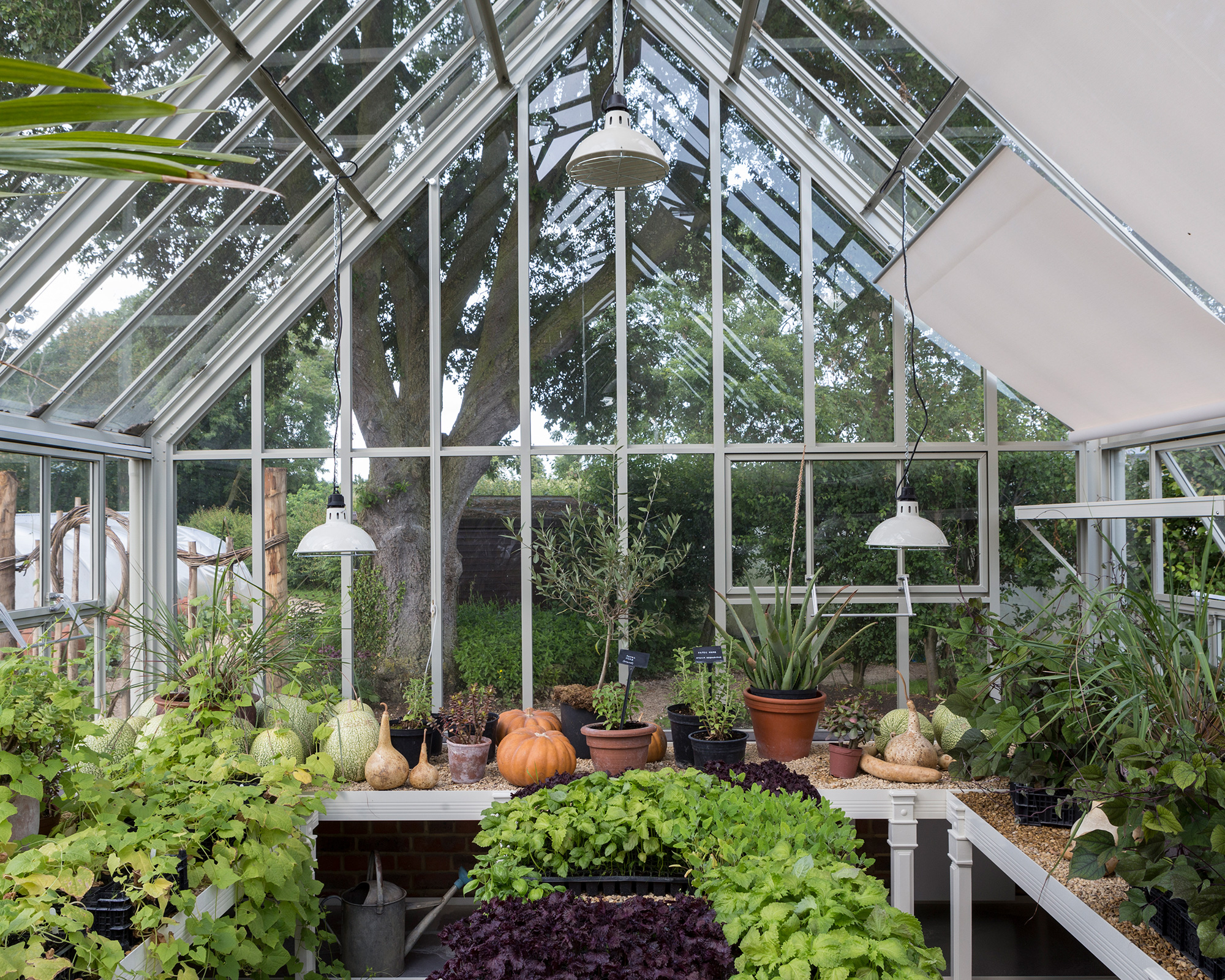
Supporting organic farming can help to slow down climate change. If you’re on a mission to make a difference, a really simple step you can make is to swap out your current groceries, like milk, cheese and yogurt, with organic alternatives.
Design expertise in your inbox – from inspiring decorating ideas and beautiful celebrity homes to practical gardening advice and shopping round-ups.
- The best seasonal plants – and how to care for them – according to expert florist Nikki Tibbles
2. Create your own compost
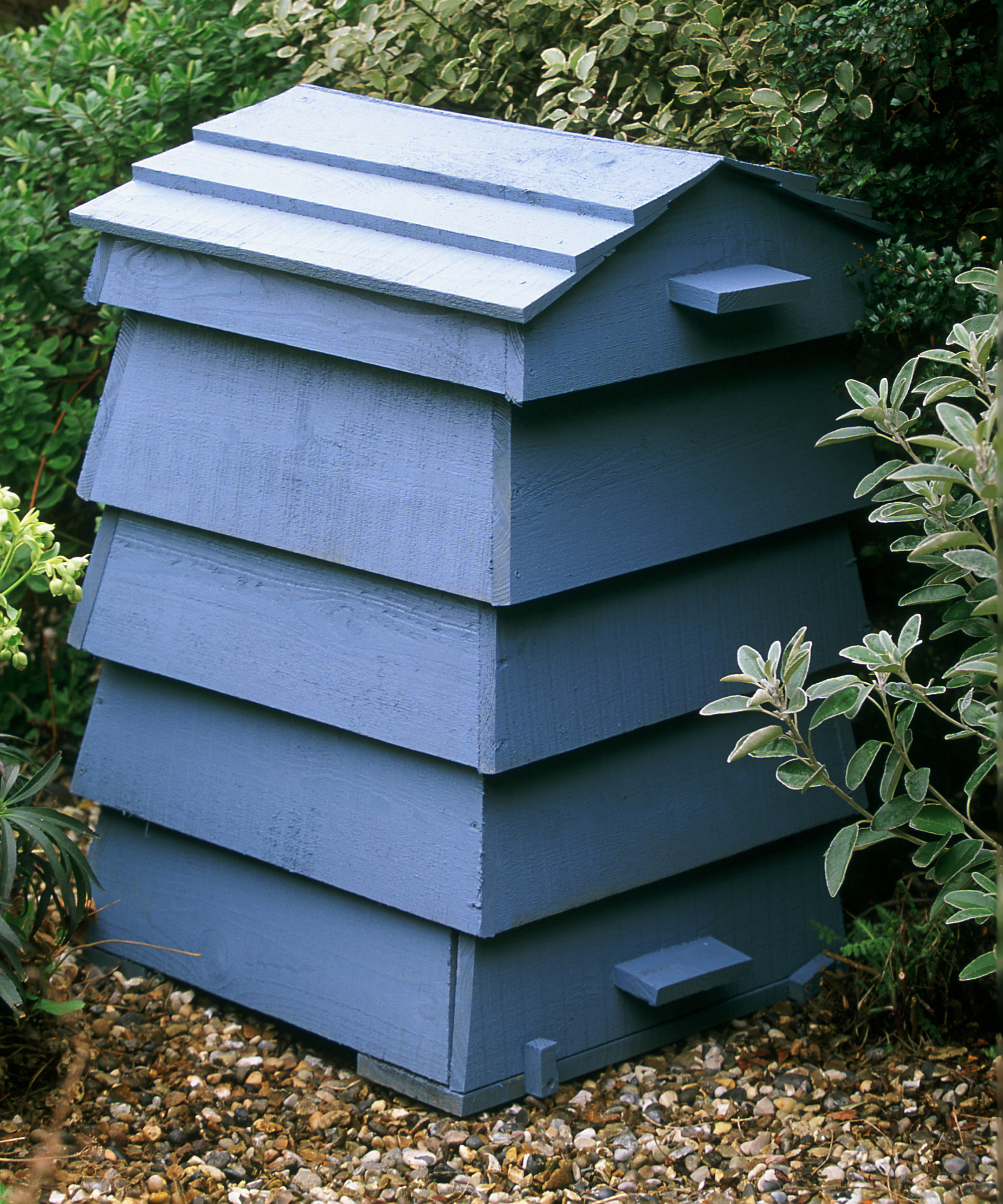
Home-made compost is a fantastic way of recycling plant material, feeding plants, soil life and locking carbon back into the ground.
Keep your old veg peelings, apple cores, banana skins and mouldy fruit – when added to a compost bin they will mulch down over time, encouraging worms, woodlice and insects to digest the food and create a pile of nutrient rich compost to spread on your soil.
3. Buy grass-fed meat, little and often
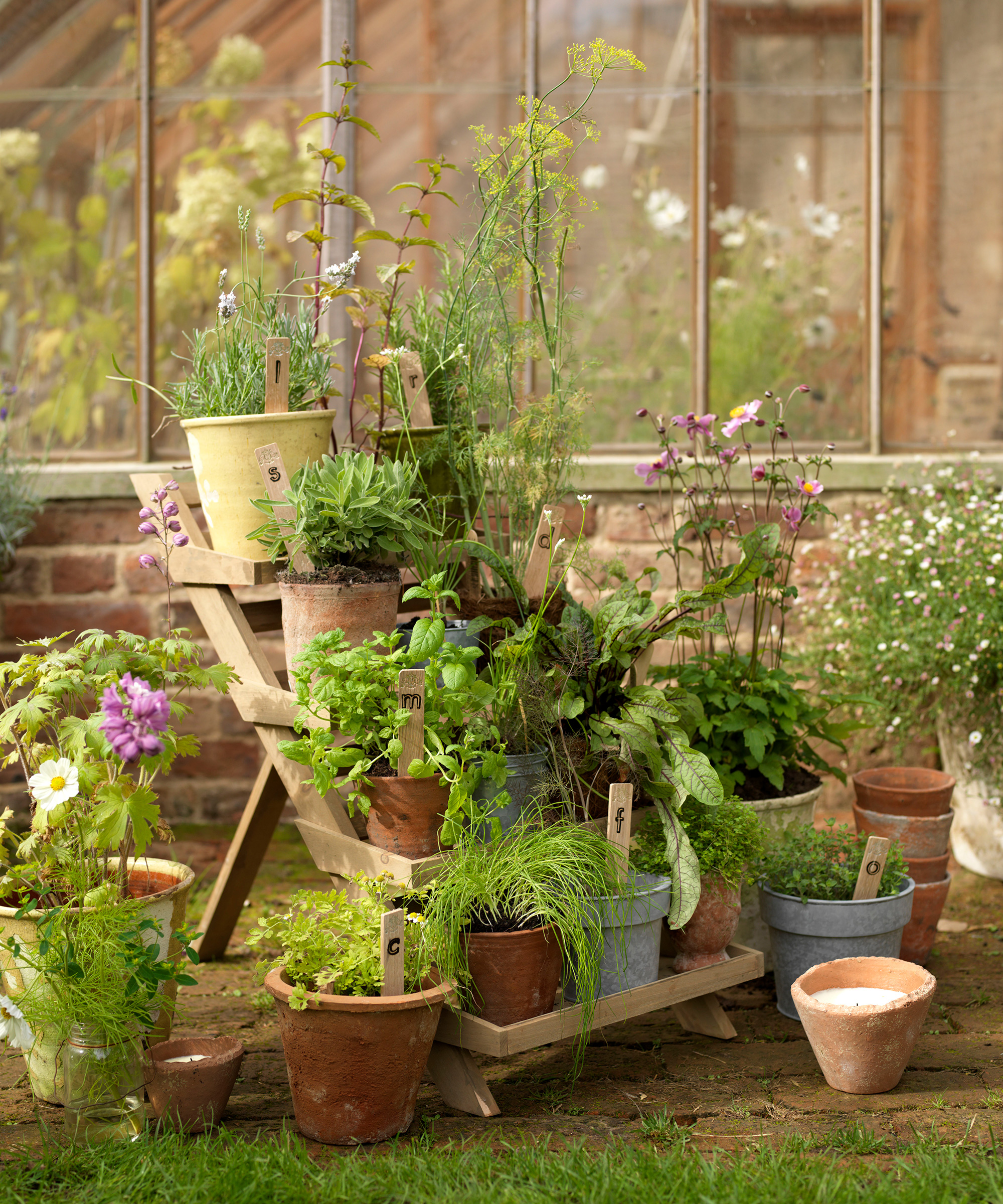
The grazing of plants by animals has a major, positive impact on climate change by cycling more carbon out of the atmosphere and putting it into the soil. By occasionally choosing to buy high-quality meat, you can have a positive impact on the environment.
4. Be sure to cover up

Keep bare soil covered at all times with a layer of green manure – introducing fast growing plants like clover, which protect soil and prevent erosion.
The plants pull carbon down from the atmosphere through photosynthesis, making carbohydrates and sugars that travel through the roots and into the soil, feeding the millions of microorganisms that live in the earth.
5. Avoid digging your soil
Digging destroys soil structure – tearing apart the home created by living organisms that create natural soil fertility. Avoid the use of chemical pesticides and artificial fertiliser which are designed to kill insects and other pests.
6. Use a mix of plants and flowers
Aim to introduce a range of different plants to create biodiversity in your garden. Grasses, shrubs, vegetables and legumes all thrive in harmony with each other and each of them plays a role in maintaining soil health.

Jennifer is the Digital Editor at Homes & Gardens, bringing years of interiors experience across the US and UK. She has worked with leading publications, blending expertise in PR, marketing, social media, commercial strategy, and e-commerce. Jennifer has covered every corner of the home – curating projects from top interior designers, sourcing celebrity properties, reviewing appliances, and delivering timely news. Now, she channels her digital skills into shaping the world’s leading interiors website.